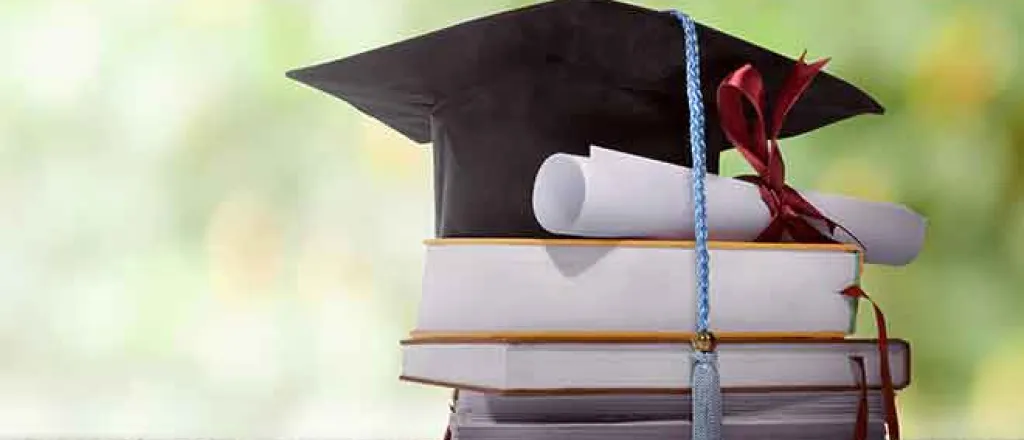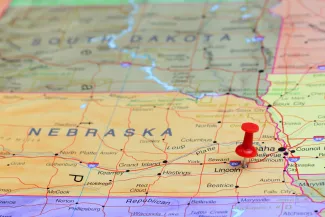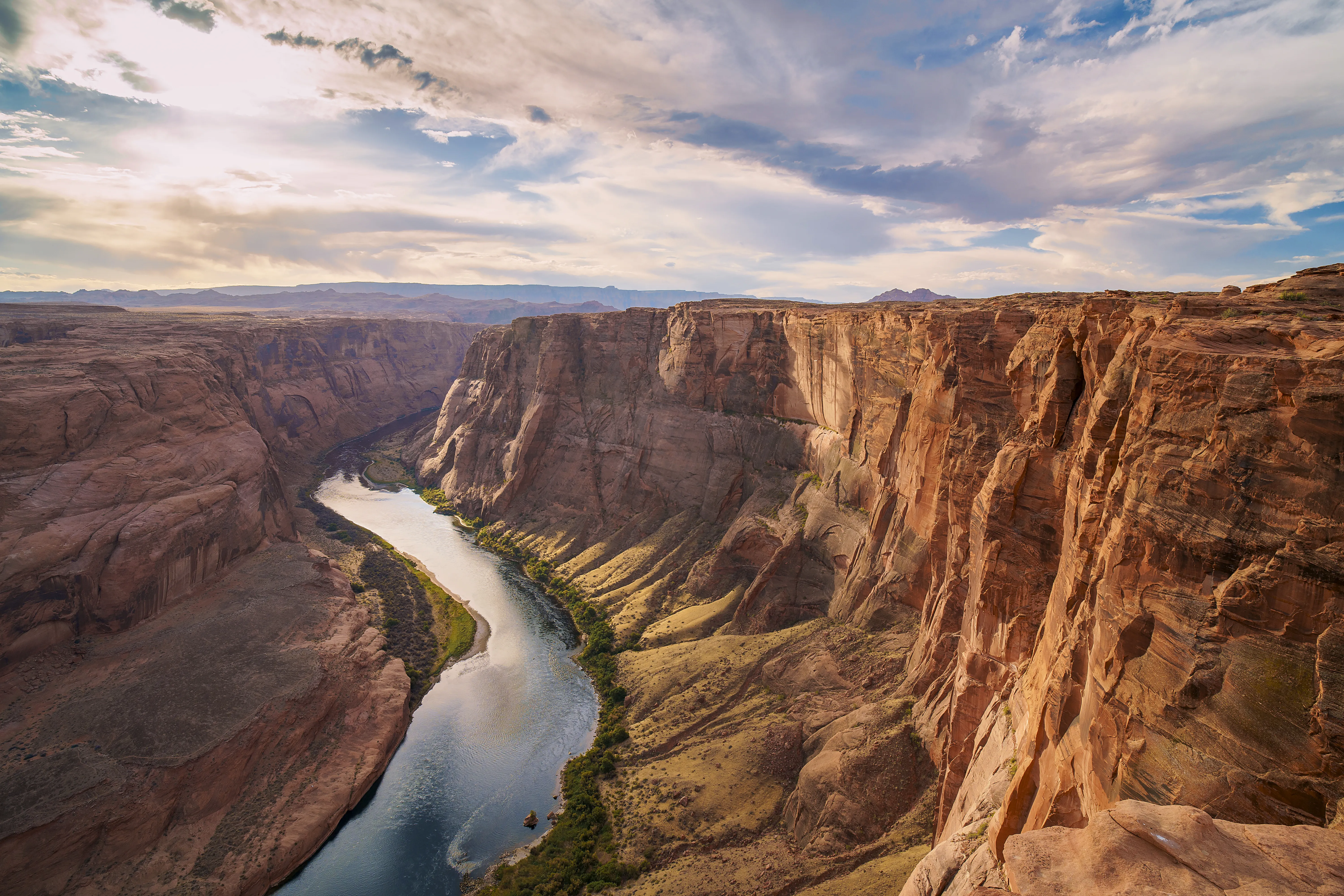
Skeptics weigh in on school voucher issue facing Nebraska voters
Click play to listen to this article.
(Nebraska News Connection) Nebraska is one of four states with measures about state funding of private-school vouchers on the ballot this year. Referendum 435 asks voters to decide whether to repeal the school voucher program passed on the last day of the 2024 legislative session.
Backers of the law claim vouchers are needed by low-income families who can't otherwise afford to send their children to a private school. But studies show that in a number of states, most who benefit from school vouchers are not from low-income families.

Tim Royers, president of the Nebraska State Education Association, said this has been borne out in Iowa.
"In Iowa, for example, who just implemented their voucher system last year," he said, "the median income for the voucher recipients is roughly $120,000."
Iowa data also show that more than two-thirds of the students using vouchers had already been attending a private school.
Another of NSEA's objections is that the law doesn't benefit all of Nebraska, since more than half the counties have no private schools. Critics of the voucher programs say they siphon state funds away from the public school system.
Royers said choice is fine - as long as it's publicly accountable choice.
"As long as private schools can discriminate and deny certain children admission; as long as they don't have to follow the same testing and reporting requirement that we do, we just don't feel public tax dollars should go to those institutions," he said.
Arizona's private-school voucher program has ballooned in scope and cost, and contributed to the need for significant state budget cuts. Dave Wells, research director at the Grand Canyon Institute, a "centrist think tank" in Phoenix, says Arizona's voucher program means the state is essentially supporting two school systems - public and private.
"In Arizona, we can't afford to do that, and it's had really negative impacts," he said. "And I think it has especially negative impacts on rural areas where there aren't private schools even to pick from. And the people who benefit the most from this are people who can already afford to go to private schools, is what we've found in Arizona."















